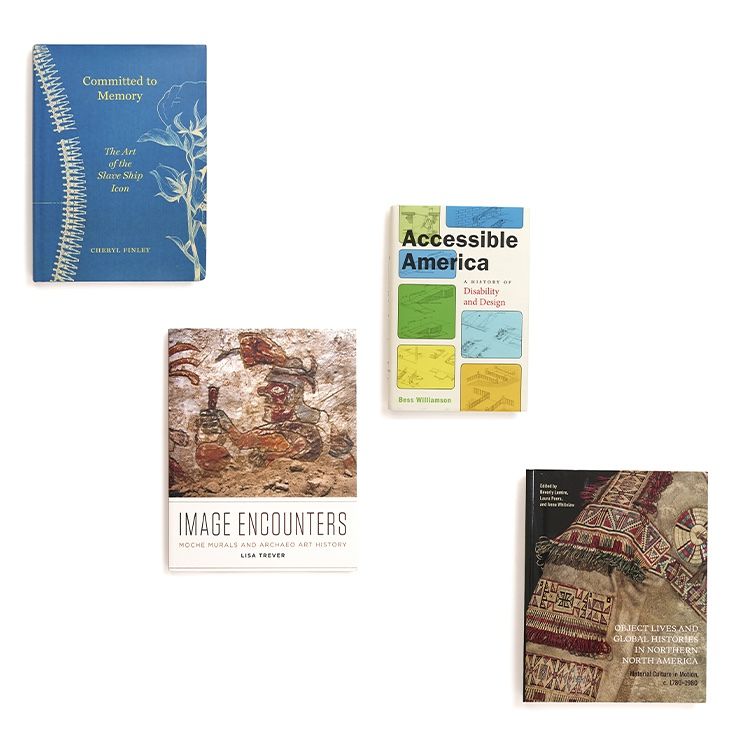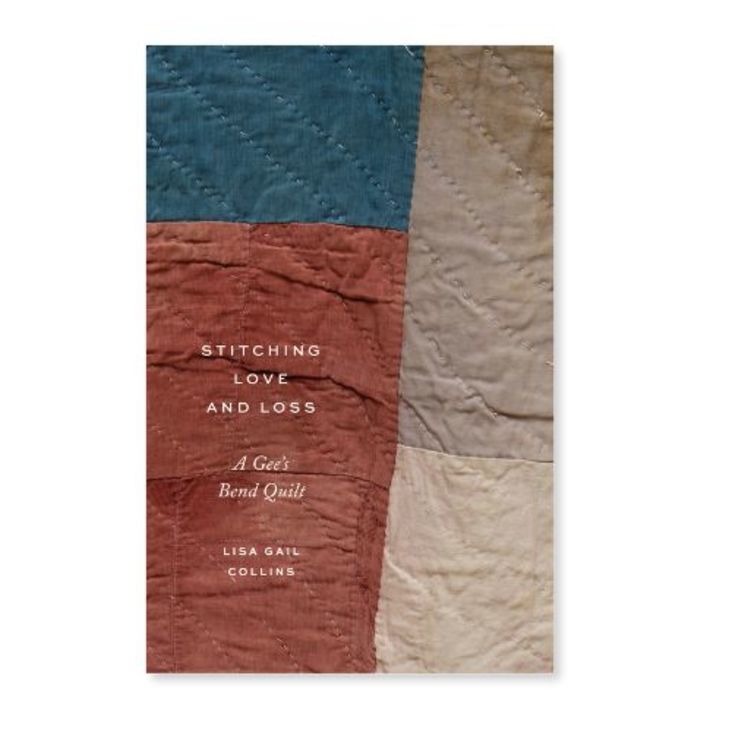Zoë Crossland presented at the Archeological Encounters Seminar on Tuesday, October 30, at 6 pm. Her talk is entitled “Afterlives: The Living Signs of the Forensic Dead Body.”
Forensic investigation shares archaeology’s concern with reconstructing past events from physical clues and traces. In both disciplines the different life worlds that emerge after a person’s death may be mobilized by investigators in the search for a past that is only recoverable in this narrowly mediated form. Taking the example of forensic entomology Crossland considers how investigators interpret and enroll the signs of insects and other animals and use them as the basis for making claims to the real. The assertively scientific claims of forensic work both belie and reveal the circulation of its signs across the divided categories of the living and the dead, human and animal, nature and culture. Such forms of forensic investigation therefore offer a productive site for thinking about the ontological status of fact and of the corpse and offer possible ways to transpose the register in which the relationships at play in such assemblages are conceptualized.
Zoë Crossland is Associate Professor in the Department of Anthropology at Columbia University and Director of Columbia’s Center for Archaeology. Her research draws upon semeiotic approaches to explore the problems of archaeological and forensic evidence and to investigate archaeology’s relationship to the past and to the dead body. Recent publications include Ancestral Encounters in Highland Madagascar: Material Signs and Traces of the Dead (Cambridge 2014) and, co-edited with Rosemary Joyce, Disturbing Bodies: Perspectives on Forensic Archaeology (SAR 2015). She is currently working on a book entitled The Speaking Corpse.















